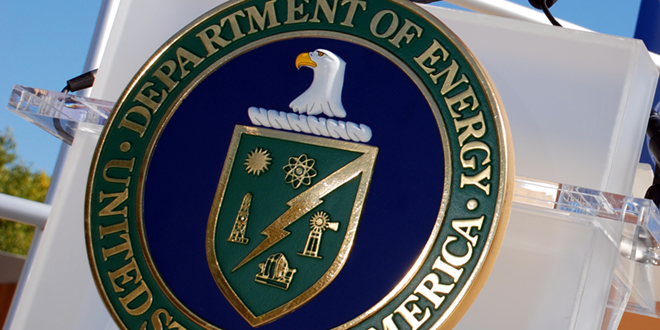The DOE has announced a new batch of topics for the 2016 Small Business Innovation Research and Small Business Technology Transfer (SBIR/STTR) programs. Under the SBIR and STTR programs, federal agencies set aside portions of their R&D budgets for small businesses. Companies that win awards keep the rights to any technology developed, and are encouraged to commercialize it.
The DOE plans to issue the full Funding Opportunity Announcement (FOA) on 30 November 2015.
Some of the fields of research that are eligible for awards in this round:
EV batteries. The DOE is always interested in technologies that improve performance and reduce cost of batteries for electrified vehicles. Specific improvements include, but are not limited to: new low-cost materials; high-voltage and high-temperature non-carbonate electrolytes; improvements in manufacturing processes, speed, or yield; novel SEI stabilization techniques for silicon anodes; improved cell/pack design minimizing inactive material; significant improvement in energy density and safety.
SiC MOSFETs for EV power electronics. According to the DOE, silicon carbide (SiC) devices are approaching cost parity with silicon (Si) power devices, and it is interested in devices for vehicle inverters that can take advantage of SiC epitaxial wafers, SiC switches and Schottky diodes.
While lower-current (<50 A) SiC switches have already penetrated the solar and computer power supply markets, the ability to handle currents over 100 A remains a key threshold for automotive applications. This topic seeks to demonstrate production of switches rated at over 100 A and 600 V with either built-in Schottky diodes (lower cost) or external Schottky diodes suitable for use in EV motor inverters.
Other topics of interest include electrocatalysts for polymer electrolyte membrane fuel cell applications, and safety sensors for hydrogen infrastructure applications.
Source: ChargedEVs



